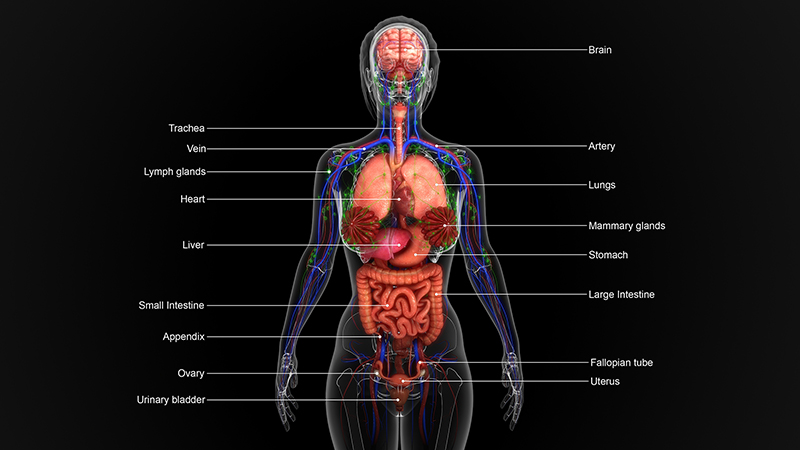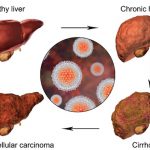Metastasis into nearby lymph nodes and organs outside the bladder is likely in the stage 3 of bladder cancer. However, they may not have not spread to distant parts of the body.
Transurethral resection (TURBT) is common to find out how far the cancer has grown into the bladder wall. Chemotherapy followed by radical cystectomy (or removal of the bladder and nearby lymph nodes) is then the standard treatment. Partial cystectomy is rarely an option for stage III cancers.
Chemotherapy for bladder cancer prior to surgery with or without radiation is successful in shrinking the tumor, which may make surgery easier. Chemotherapy can also kill any cancer cells that could already have spread to other areas of the body and aid in survival rate of the patient. It can be especially useful for T4 tumors, which have spread outside the bladder. When the first administration of chemotherapy occurs, there may be a delay in surgery to remove the bladder. The delay is not a problem if the chemotherapy shrinks the cancer. However, it can be harmful if it continues to grow during chemo. Sometimes the chemotherapy shrinks the tumor enough that intravesical therapy or chemo-radiation is possible instead of surgery.
Challenges in treatment
Oncologists advise some patients with chemotherapy after surgery to kill any cancer cells left. Chemotherapy after cystectomy may help patients stay cancer-free for longer, but so far it is not clear if it helps them live longer. If cancer cells remain in nearby lymph nodes, there needs to be radiation after surgery. Another option is chemotherapy before surgery.
An option for some patients with single, small tumors (some T3) might be treatment with a second (and more extensive) transurethral resection (TURBT). After this, there might be a combination of chemo and radiation. If cancer cells are still present after another cystoscopy, there is no need for cystectomy.
Some patients may not be healthy enough for surgery because of other serious health problems. Treatment options for them might include TURBT, intravesical therapy, radiation, chemotherapy, immunotherapy, or a specific combination of these.




